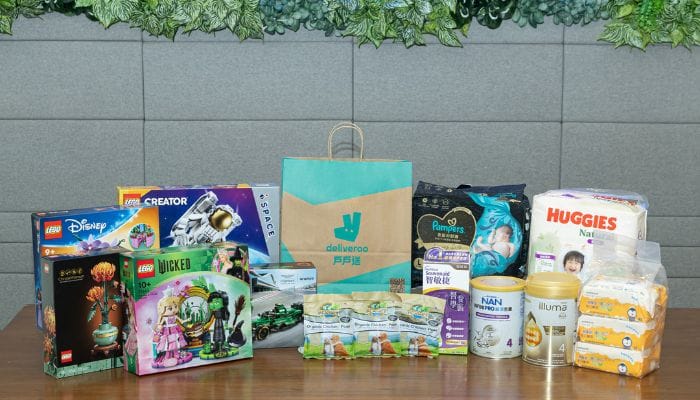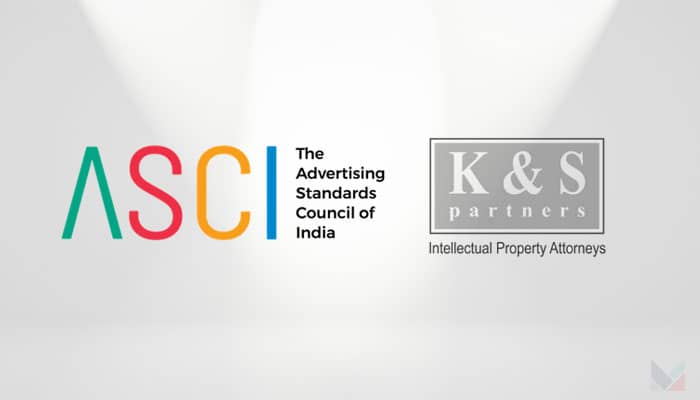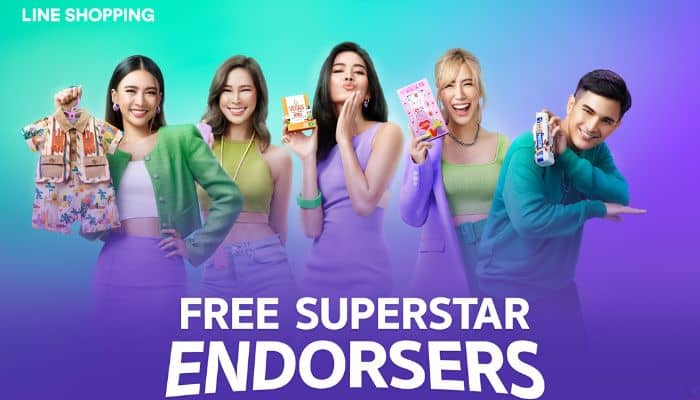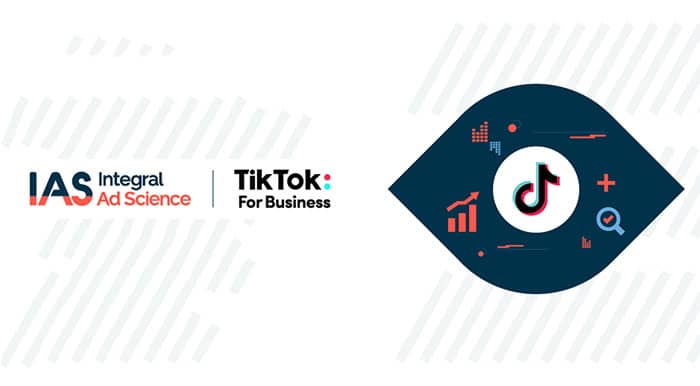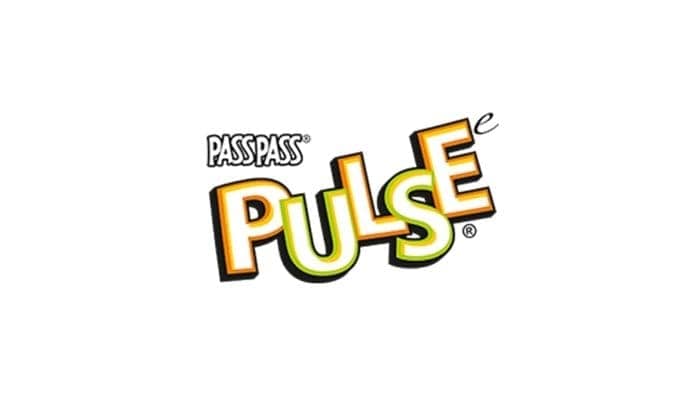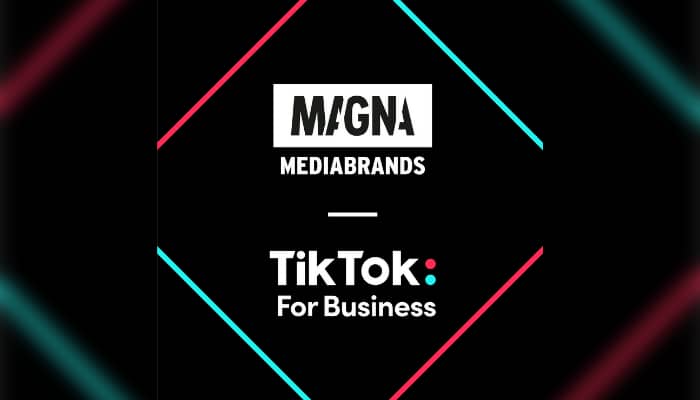Hong Kong – Deliveroo has launched its latest retail offering, ‘Deliveroo Shopping,’ expanding its on-demand services to include a broader range of shopping categories alongside its established food and grocery deliveries.
Deliveroo Shopping represents a significant milestone in the company’s growth, seamlessly extending its services to meet the diverse needs of consumers across a wider range of occasions.
With this launch, consumers gain access to an expanded selection of retail products across categories such as baby, pet, toys, florists, pharmacy and nutrition, and home and kitchen. These items are available with the same on-demand convenience that customers enjoy when ordering food and groceries on the platform.
Deliveroo has partnered with trusted local and international retail brands, including Watsons, Watsons Baby, LEGO, Qpet, Pet Line, SLOWOOD, EUGENEbaby, Hing Fat Florist, Natures Village, and more. These key partners were carefully selected for their wide range of everyday essentials, offering over 10,000 SKUs at launch to cater to customers’ diverse needs.

Commenting on the partnership, Simmy Chung, general manager of Pet Line, said, “We’re thrilled to partner with Deliveroo Shopping to bring pet owners across Hong Kong quick and convenient access to our premium pet supplies. This collaboration allows us to reach more pet lovers and ensure they can get what they need for their furry friends at a moment’s notice.”
Samuel Lee, managing director of Watsons Hong Kong, added, “Our partnership with Deliveroo Shopping aligns perfectly with our mission to make health and beauty products more accessible to all at our O+O (offline plus online) platform. We are excited to be the first large-scale health and beauty retail chain to join hands with Deliveroo. By leveraging our extensive physical store network and advanced digital experience, this innovative platform of Deliveroo enables us to offer our customers an additional convenient way to shop for their favourite health and beauty products from Watsons, delivering right to their doorstep.”
All retail partners and products are integrated into the ‘Shopping’ section of the app, featuring dedicated tools and a user-friendly interface to provide a convenient one-stop shopping experience.
Deliveroo is also introducing a new gifting feature, allowing users to select a gift, mark it as such at checkout, and send a trackable link with an animated greeting card. Ideal for sending flowers, surprise gifts, baby essentials, or even comfort food to a friend in need.
The platform’s machine-learning search and discovery feature enables users to easily browse for gifting occasions, such as birthdays, and instantly receive a curated selection of gift options.
Marco Ng, general manager of Hong Kong and Macau Retail of Kidsland International Holdings Limited (which operates a LEGO Certified Store in Hong Kong), said, “Our partnership with Deliveroo Shopping echoes with our mission to make a positive difference in the lives of children, colleagues, partners, and the world we live in. The ‘gifting function’ on the platform is an ideal way to bring more magical moments to homes across Hong Kong. With our beloved LEGO® Minifigures and sets now just a few taps away, customers can surprise and delight families, making it easier than ever to share the joy of creative play.”
Jonathan Kan, new verticals director at Deliveroo Hong Kong, shared, “Deliveroo Shopping is a major milestone in our growth journey. It is the result of extensive research that identified a significant demand for convenient on-demand delivery in specific non-food categories. We are excited to elevate our consumer value proposition by offering customers the opportunity to order both food and non-food items from a unified platform. We are confident that Deliveroo Shopping will transform the non-food shopping experience, making last-minute gifts, kitchen essentials, toys for the little ones, and more accessible at the click of a button.”
Before this launch, Deliveroo introduced Deliveroo Shopping in Singapore, partnering with merchants like LUSH, Xpressflower, and Pet Lovers Centre. The company plans to further expand its selection and partner network, aiming to enrich the on-demand delivery experience and cater to a broader spectrum of consumer needs.

